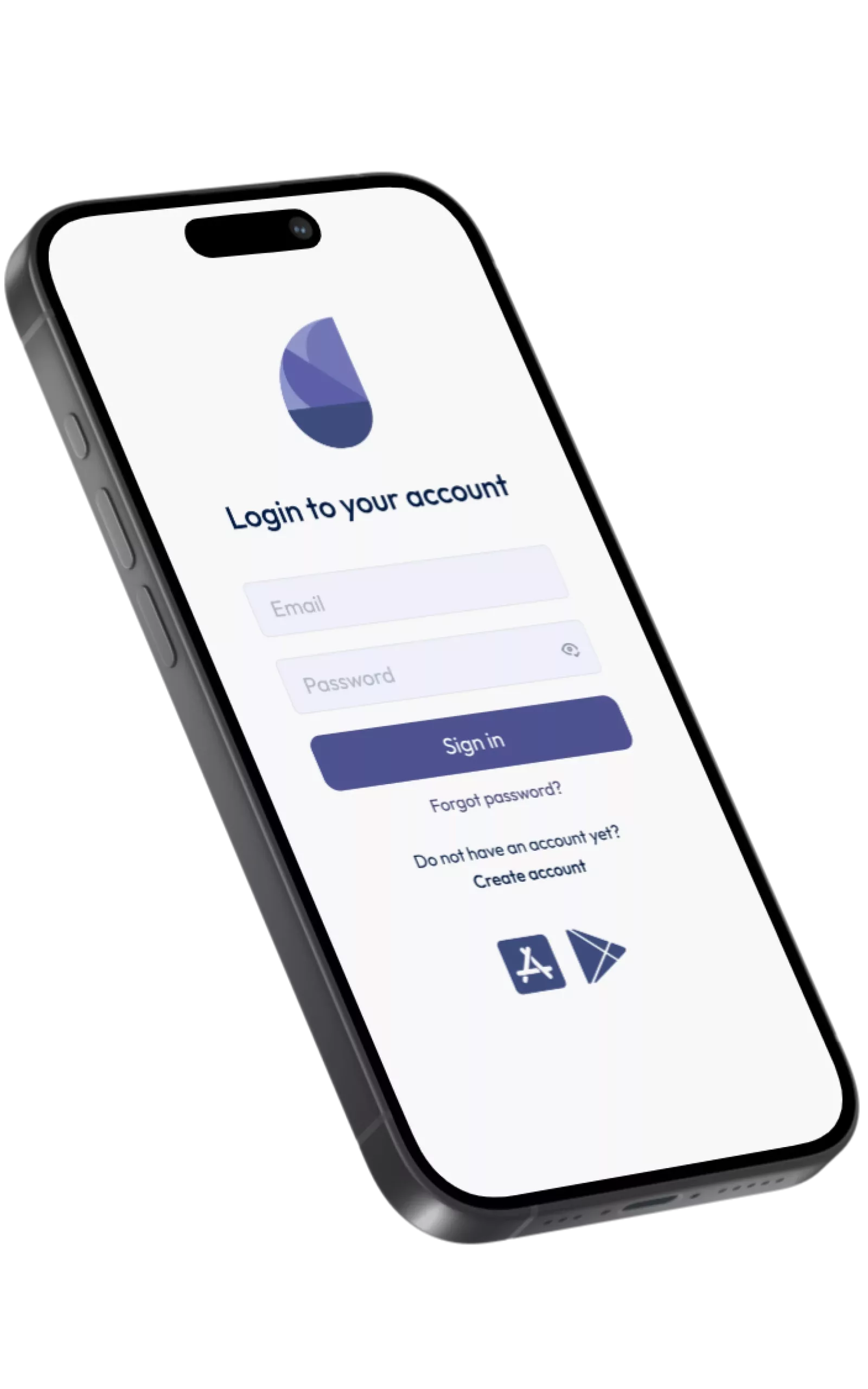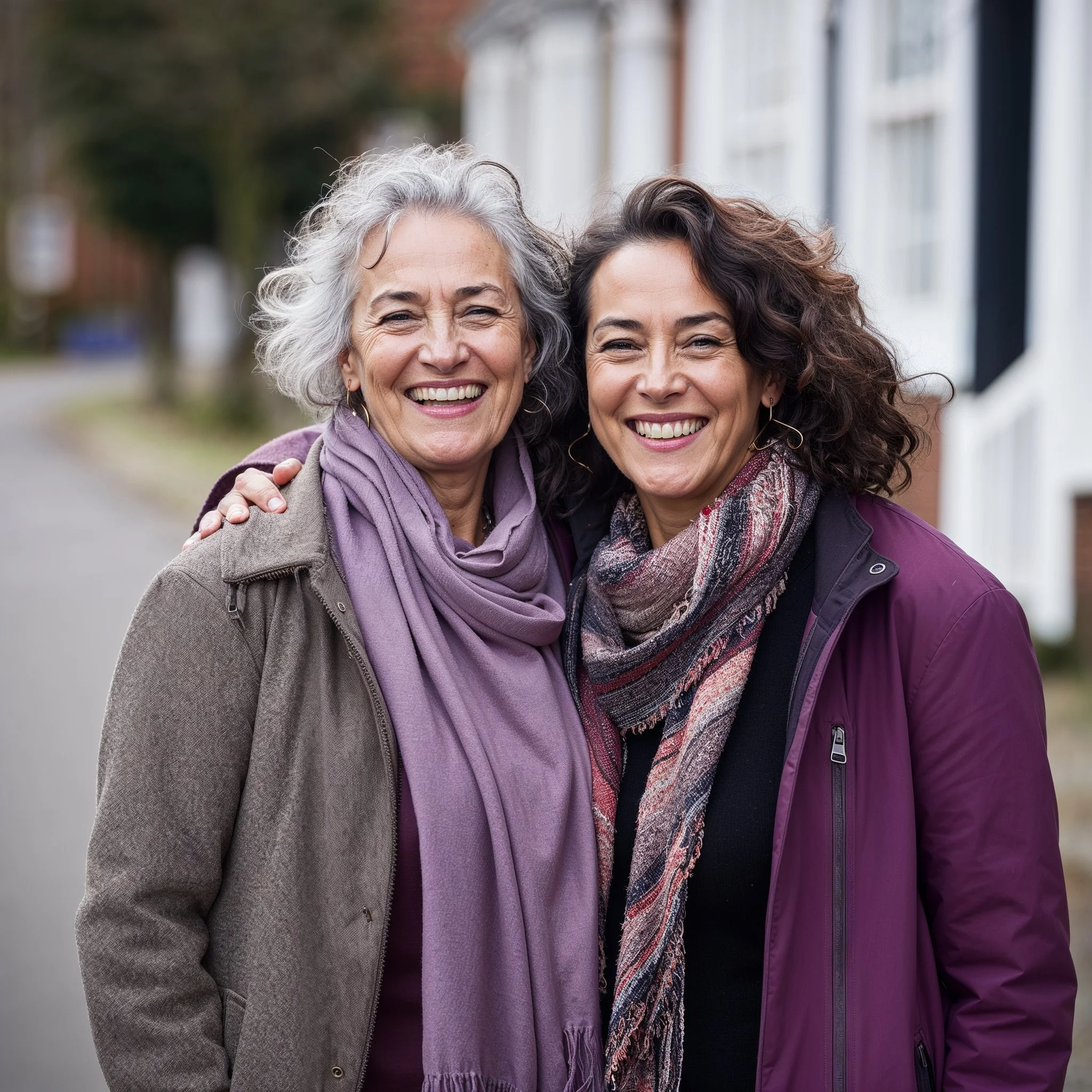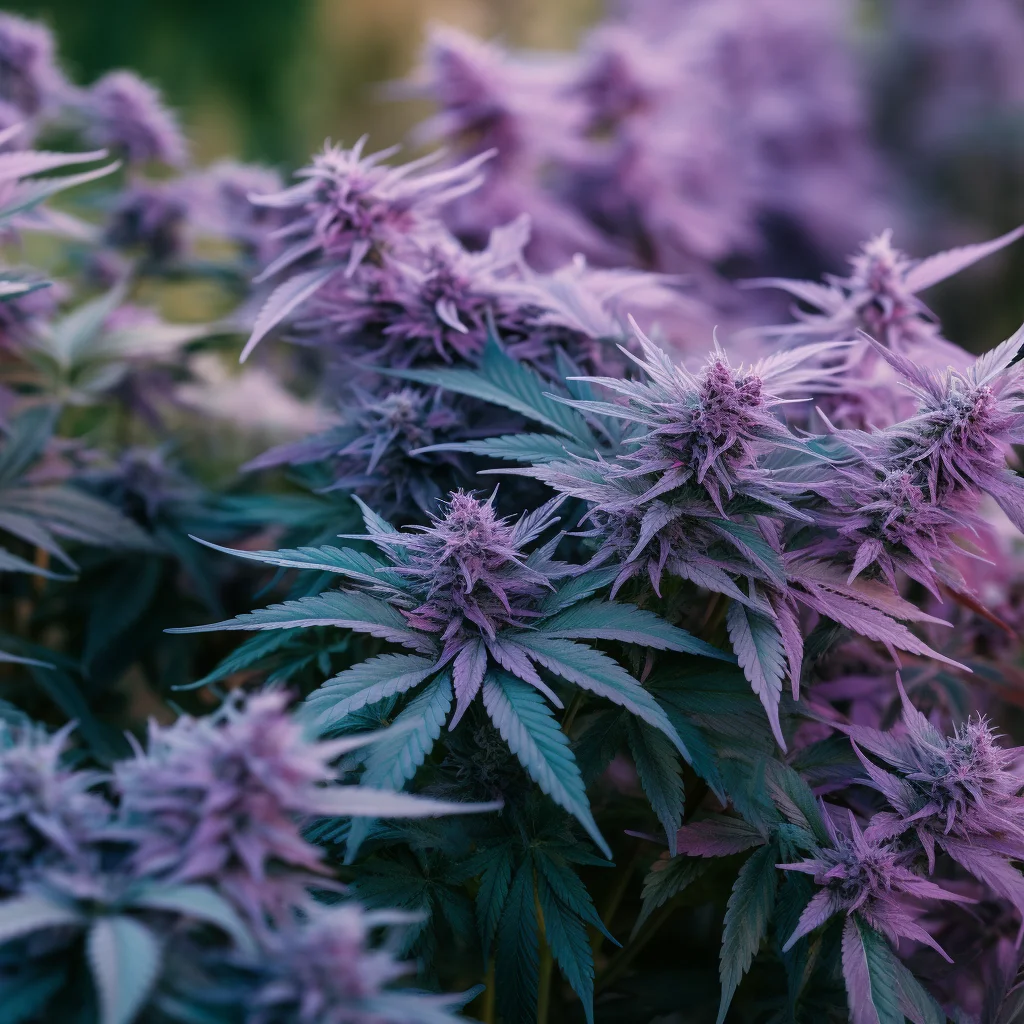Knowledge Hub
How-to Combat PTSD: A Complete Guide to Cannabis for PTSD
Looking for help with PTSD in the UK? Our experts explain PTSD, traditional support and the growing amount of cannabis options available to sufferers.

Medical Cannabis for PTSD in Adults
Approximately 4 in 100 people in the UK suffer from this potentially heavily debilitating condition, and with few licensed medications available in this arena, and substantial reported side effects from users of those medications, cannabis for PTSD is becoming an emerging area for discussion amongst both psychiatrists and patients in the UK.
Once constrained to the fringes of the discussion, cannabis for PTSD is rapidly emerging as an alternative potential therapy to licensed medications. Multiple published papers are now available demonstrating the potential linkages between improving symptoms of PTSD and medical cannabis, although the research does not yet extend to PTSD and cannabis strains individually.
As always, medical cannabis carries some level of sigma associated with it, which often slows down adoption amongst both patient and doctor communities.
However, after this post-legalisation embryonic stage, and because of both an emerging body of evidence supporting cannabis for PTSD, and widespread usage of cannabis for PTSD, countries often then move fast to integrate medical cannabis prescribing into normal medical practise. Countries such as Israel and Canada, for example, now report a high proportion of PTSD sufferers using medical cannabis.
In this article we will look at current PTSD-landscape in the UK, including touching on some of the short-falls of existing licensed medication, and compare the use of cannabis for PTSD in the UK against a range of other countries. We’ll have an in-depth look at the emerging body of research supporting cannabis for PTSD, and dive into some detailed patient experiences around PTSD cannabis treatment. We will fundamentally seek to answer the question – is cannabis good for PTSD?
We’ll also explain how Script Assist can help patients suffering with PTSD find a private doctor that can prescribe medical cannabis in the UK via the easy-to-use Script Assist Patient App.
Ready to find a private doctor in the UK that can prescribe cannabis for PTSD?

Start Today
Medical Cannabis for PTSD: Your Journey With Script Assist
For patients looking for medical cannabis for PTSD, Script Assist enables seamless connections with private doctors for a fully streamlined digital experience and bespoke, holistic care.
01
Check your eligibility
Use our quick eligibility checker to see whether you’re likely eligible for medical cannabis for PTSD.
02
Find a Private Psychiatrist
On our Find a Doctor page you’ll find psychiatrists able to prescribe cannabis for PTSD.
Read the biographies of the psychiatrists that prescribe for PTSD and choose whichever works for you. .
If you would like to claim on your have private medical insurance for your consultation costs then check the insurers that cover each psychiatrist.
03
Book, Pay and Join a Consultation
Upon acceptance of your enquiry by your psychiatrist, you will be able to book, pay and join a consultation via your Script Assist App.
If using your private medical insurance, get your authorisation code before you need to pay for your consultation
Looking for a Private Psychiatrist Able to Prescribe Cannabis for PTSD? Find a Doctor Here
04
Pay and Track Your Prescription
When your psychiatrist writes a prescription for cannabis for PTSD, you can simply pay for this through the Script Assist Patient App, and then track it all the way to your door.
Pay before 3pm to guarantee next-day delivery by 1pm.
Find a Doctor that Prescribes Medical Cannabis for PTSD today.
05
Request Your Repeat
When you run out of medication simply request a repeat medical cannabis prescription easily through your Script Assist Patient App.
Connect with a Private Psychiatrist for PTSD Today.

Download Our Patient App
Connect with a private specialist prescribing via Script Assist for your condition.

Find a Specialist
Quickly match with UK specialists prescribing for your condition.
Check Insurance Coverage
Review doctor profiles, compare fees, and verify insurance coverage.
Get Started
Settled on a doctor? Schedule your app consultation effortlessly.

Understanding PTSD in the UK
PTSD is a condition caused by witnessing a traumatic event. Typically associated with combat veterans it can actually be caused by anything from a bad accident to physical or sexual assault, and often by healthcare professionals witnessing traumatic experiences when caring for patients.
During a traumatic event the brain goes into a “high alert” fight or flight response mode. Typically, over time the brain returns to more normal alert level, as the impact and memory of the traumatic event fades over time. For sufferers of PTSD, the brain remains in this “high alert” mode for longer, meaning that it is much more susceptible to a range of symptoms
- Flashbacks, nightmares, and insomnia: With the brain in a heightened level of alertness, sufferers are susceptible to flashbacks and nightmares of the traumatic events. For those suffering with PTSD and their loved ones, this can be a tiring and never-ending battle.
- Anxiety and alertness: Sufferers are more likely to be anxious and on edge, constantly looking for sources and danger and remaining alert.
- Negative mood: Suffererscan often feel hopeless, lonely and disconnected from those around them
The actual prevalence and breadth of PTSD across all section of society in the UK is often deeply understood. Whilst the estimated prevalence of PTSD amongst UK veterans of conflicts is approximately 7.4%, that single statistic only tells half the picture:
- Around 7.9% of all healthcare workers in the UK have diagnosable PTSD, double the prevalence of the general adult population.
- Close to 20% of police officers and staff in the UK have symptoms consistent with either post-traumatic stress disorder or what’s known as “complex PTSD” – yet over two-thirds of those suffering are unaware .
- Around 300,000 young adults (age 16-24) in England and Wales have PTSD, largely linked to assault and violence.
Licensed PTSD treatment medication is a relatively sparse arena, and existing medications are often associated with several negative side-effects. There are two main types of licensed medications used to treat PTSD:
- Selective Serotonin Reuptake Inhibitors (SSRIs): These are the most commonly prescribed medications for PTSD and increase the level of serotonin in the brain. Serotonin, , a neurotransmitter, helps to reduce anxiety and improve mood.
- Serotonin-Norepinephrine Reuptake Inhibitors (SNRIs): Similar to SSRIs these increase both serotonin and norepinephrine in the brain.
Whilst many sufferers of PTSD see much improved PTSD symptoms when using licensed PTSD treatment medication, many also see a significant number of side effects such as:
- Gastrointestinal issues such as nausea, diarrhoea, or constipation.
- Either insomnia or excessive sleepiness.
- Sexual dysfunction
- Weight gain
- Headaches and dizziness.
- Increased anxiety or agitation
- Withdrawal symptoms If medication stopped
The prevalence of PTSD across all areas of UK society, combined with licensed medications that don’t work for all sufferers, sets the seen for alternative methods and therapies, such as cannabis for PTSD.
Want to Find a Private Doctor That Can Prescribe Cannabis for PTSD?

Cannabis Treatment for PTSD: A Global Perspective
In the UK the usage of cannabis for PTSD is in its early stages, however international trends suggest that as the stigma associated with medical cannabis decreases, usage of cannabis for PTSD in the UK is expected to increase substantially. A quick look at three international examples highlights the speed as which cannabis for PTSD increases when stigma reduces.
Canada
One of the first countries to legalise medical cannabis in 2001, the traditional stigmas associated to cannabis hardly exist within Canadian society anymore.
According to a study published in the “Journal of Psychopharmacology”, around 28% of Canadians with PTSD used cannabis, double the ~11% of those without PTSD that use cannabis.
Israel
Israel, a country with a high prevalence of veterans with PTSD, was once of the first to embrace cannabis for PTSD as a potential therapeutic option in the early 1990s.
A survey conducted in March 2023 by the European Psychiatry journal found that PTSD was the third most prescribed condition for medical cannabis in Israel.
United States
In the United States, medical cannabis legalisation has been sweeping the nation over the last ten years, and cannabis for PTSD is prevalent across many states.
In California, study of 170 medical cannabis users in estimated around 19% of participants had a PTSD diagnosis
In New York, more than 3,000 patients were certified for PTSD treatment within the first six months of PTSD being included in its medical cannabis programme in 2018.
Ready to Find a Private Doctor that can Prescribe Cannabis for PTSD in the UK? Find a Doctor Now

Cannabis and PTSD research: An Emerging Research Landscape
The data on PTSD and medical cannabis is emerging rapidly, and providing an increasing amount of evidence helping us to answer of whether cannabis is good for PTSD?
A landmark cannabis PTSD study in this area published in the “Journal of Psychoactive Drugs” looked at how much cannabis helped PTSD symptoms. Improvements were measured using the Clinician Administered Posttraumatic Scale (CAPS). Overall, a reduction of over 75% in CAPS symptoms scores were reported by patients were using cannabis compared to when they were not using cannabis.
Another cannabis PTSD study published in “Cannabis and Cannabinoid Research” demonstrated that users of medical cannabis saw a significant reduction in symptoms, suggesting cannabis for PTSD represents a viable alternative therapy. The study of 150 people with PTSD found that those who used cannabis were about 2.5 times more likely to no longer meet the criteria for PTSD by the end of the study.
A paper published in “Frontiers in Psychiatry,” provides further evidence suggesting a beneficial link between cannabis and PTSD symptoms. The study’s findings show an overall improvement in sleep quality and duration, as well as a decrease in PTSD symptoms. According to the patient questionnaire, there was a reduction of at least 20% in PTSD symptoms in over 65% of patients, with nearly 80% showing improvement. A decrease in nightmares was observed but was not significant.
This rapidly emerging base of cannabis and PTSD research sets the scene in the UK for more and more sufferers of PTSD to access medical cannabis as an alternative therapeutic option.
Ready to Find a Private Doctor that can Prescribe Cannabis for PTSD in the UK? Find a Doctor Now
Cannabis Treatment For PTSD: Patient Experiences

A fascinating cannabis PTSD study on a focus group entitled “Experiences with medical cannabis in the treatment of veterans with PTSD: Results from a focus group discussion” provides a fascinating insight into some of the common themes found amongst those in PTSD cannabis treatment, and the impacts of different cannabis strains for PTSD.
Four key themes can be observed in the discussion: dissatisfaction with existing medications, initial hesitancy & stigma, preference for medical cannabis and acknowledgment of a more favourable side-effect profile. Let’s dig into each area to learn more about what the focus group participants felt about cannabis and PTSD.
Dissatisfaction with Existing Medication
Participants in the focus group were critical of traditional medications for PTSD, frequently referencing their lack of beneficial effects, alongside heavy dislikes for their side effect profiles. Peter, for example, spoke about how traditional medications had limited effect and over-medication was common:
“The problem with those regular medicines is if it doesn’t work, then one more is added, or the dose is doubled! You feel dazed all day.”
Dave was also frustrated with traditional medications, talking about how he felt numbed.
“I was numbed by the painkillers and sleeping pills… At a certain point, you just become like a plant. Then you just sit behind the window.”
Jim echoed similar sentiments, talking more about physical discomfort:
“I noticed the chemicals. I was in bed in the evening, and I just lay with my hands on my stomach, just because the pills made me sick.”
Initial Hesitancy & Stigma
Although the focus group participants didn’t like the traditional medication that they were using, they each had reservations about trying medical cannabis use, often based on stigma and misconceptions about PTSD and medical cannabis. Bernie, for example, talks about his initial reluctance and internal conflict:
“When I used medical cannabis for the first time I thought, ‘Now I’ve lost it; I’ve abandoned my faith. I can never say that I haven’t used drugs anymore.’”
George’s partner struggled to reconcile the idea that cannabis could be a medicine:
“It took me a long time to see medical cannabis as a medicine… So for me it was difficult. Those [medical cannabis] are drugs for me. A negative atmosphere.”
Preference for Medical Cannabis
Eventually overcoming their initial reluctance, most participants reported that cannabis was helpful for managing the symptoms of PTSD, particularly around reducing sleep disturbances, nightmares and anxiety. Adam, for example, spoke about his improved sleep:
“I have much more calm nights. I’m not sweating anymore… I experience much fewer nightmares and flashbacks.”
Jim’s sleep also improved considerably:
“My sleep is calmer…instead of having thoughts going through my head like crazy all the time.”
Bernie discussed the benefits of finding the right dosage:
“I went from 10, to 6 to 3, to 2, and now I’m at 3 drops before sleep. That’s when it’s the most beneficial to me.”
Dave, the only patient who discontinued cannabis use, said
“The first three weeks, it went well. I felt relaxed; I slept better. But then suddenly the effects disappeared… I persisted for three months […] I tried cannabis oil, I tried several things, but it didn’t work.”
Interestingly another focus group participant then highlighted the impact of different cannabis strains for PTSD.
“You must be using the wrong strain. It doesn’t suit your constitution.”
More Favourable Side Effect Profile
One of the advantages of PTSD cannabis treatment. is that may patients report a more favourable side effect profile versus traditional medication. George spoke about this, saying that the most challenging aspect of cannabis for PTSD was finding the right dose.
“With drops, I find it very difficult to find the optimal dose, but it’s still better than the side effects of other medications.”
Jim strongly preferred cannabis strongly citing its benefits
“Cannabis is the most ideal medicine that I’ve ever had. In comparison with pills, they can just throw them away.”
Harald also commented on the dual benefits of cannabis, addressing both PTSD and pain:
“Besides PTSD, I also have cluster headaches…[Cannabis] also reduces the pain a little. So it helps for both.”
Ready to Find a Private Doctor For a Medicinal Cannabis Prescription? Find a Doctor Now
GET INFORMED
Frequently asked Questions
An online platform enabling medical cannabis prescribing from any private setting
What constitutes medical cannabis?
Medical cannabis encompasses the utilisation of cannabis plants and their extracts for therapeutic purposes, primarily featuring compounds like THC and CBD. Should you qualify, we at Script Assist are dedicated to streamlining your journey to obtain a medical cannabis prescription, making it both convenient and hassle-free.
Is the use of cannabis for medical purposes legally permissible in the UK?
Indeed, medical cannabis enjoys legal recognition in the UK and can be prescribed after the exploration of conventional, licensed medications.
Who possesses the authority to prescribe medical cannabis in the UK?
Only specialised doctors registered with the General Medical Council possess the authorisation to prescribe medical cannabis. Subsequently, once a prescription has been issued, a General Practitioner or another healthcare professional may oversee your care under an agreement with the initiating specialist.
Which medical conditions can medical cannabis address?
In the UK, medical cannabis can be prescribed for a wide range of conditions, particularly when licensed medications have proven ineffective. Notably, chronic pain, neurological disorders, and psychiatric conditions are among the most commonly prescribed conditions for medical cannabis treatment in the UK.
How can I initiate the process of obtaining a medical cannabis prescription?
To embark on your journey towards securing a medical cannabis prescription, you can conveniently download the Script Assist App.
If I don’t have access to live inventory via the Script Assist App for all in-stock products, given at your doctor’s discretion, how can I find out in advance of a consultation what products are in-stock?
Contact your Script-Assist enabled doctor or Script-Assist enabled clinic who can provide you with a live formulary.






